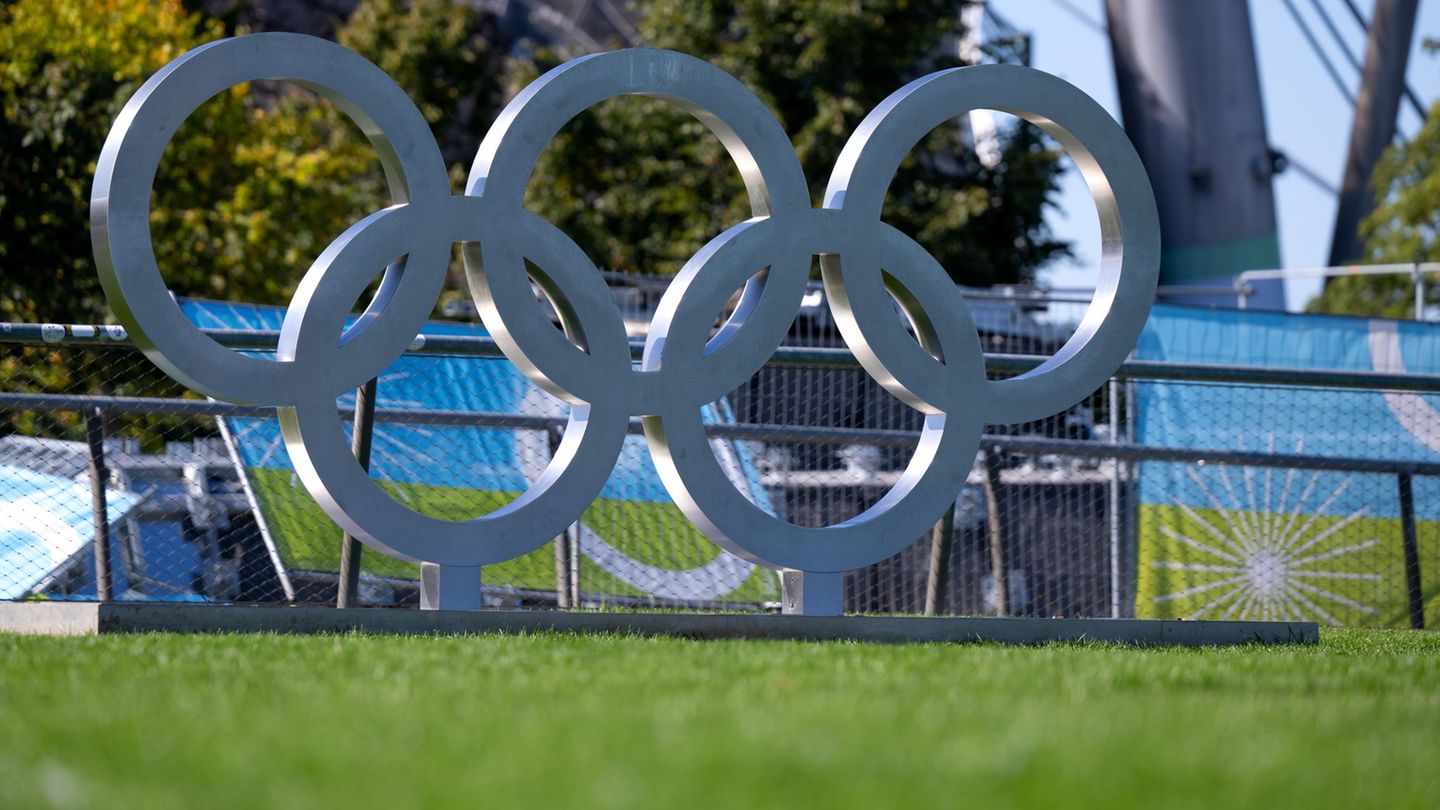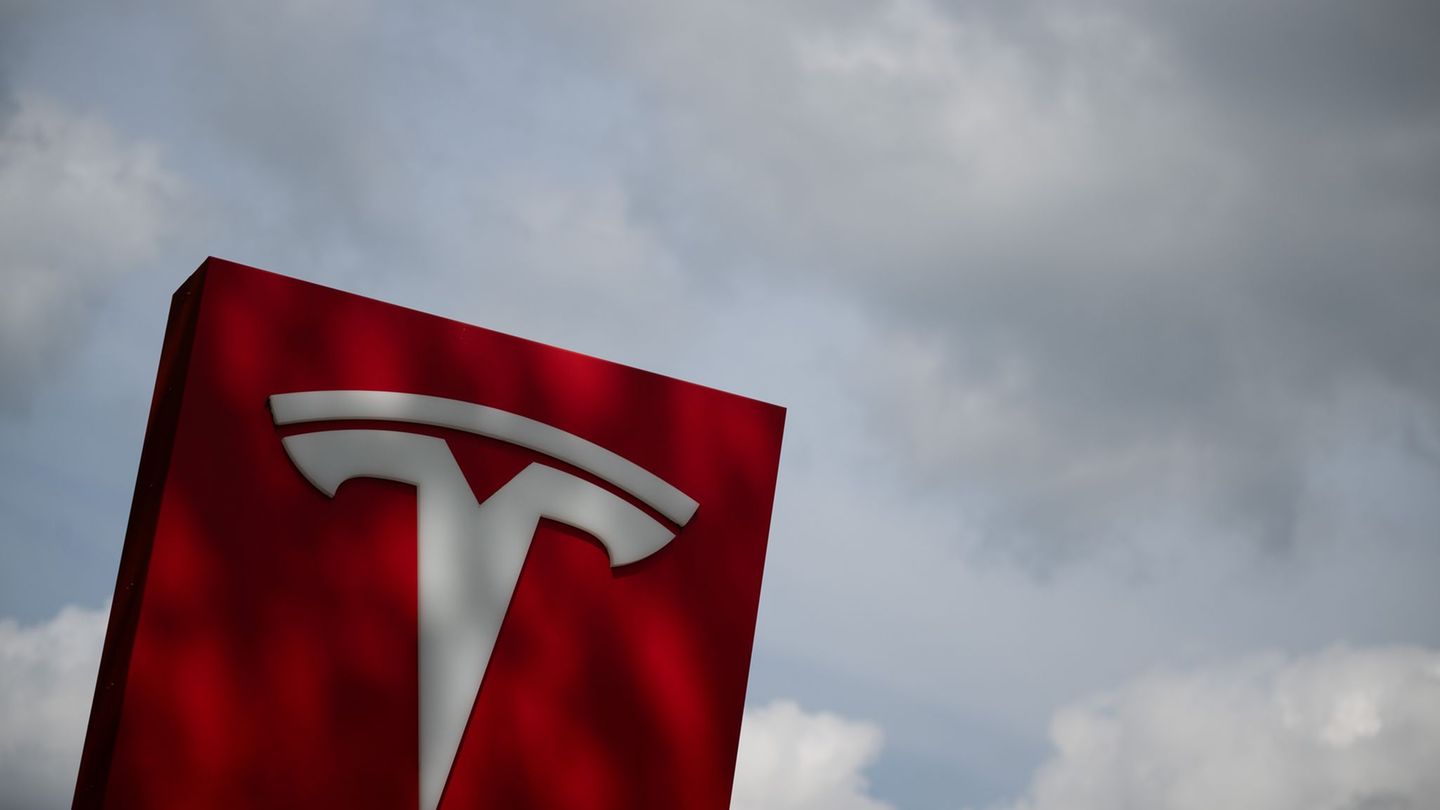Menu
International Tea Day: Tea Association complains about strict EU requirements
Categories
Most Read
Tesla autopilot runs red lights – investigations in the USA
October 10, 2025
No Comments
Automotive industry: VW continues to increase significantly in e-car sales in Europe
October 10, 2025
No Comments
It’s not a rescue at all. It’s buying low and selling high
October 10, 2025
No Comments
Only in 50 years will it be revealed who all the nominees and their promoters were
October 9, 2025
No Comments
sale of dollars, swap, exchange bands and IMF monitoring
October 9, 2025
No Comments
Latest Posts

Major sporting events: Researchers: The Olympics do little for the economy
October 10, 2025
No Comments
AngelicaI am an author and journalist who has written for 24 Hours World. I specialize in covering the economy and write about topics such as

Charly García is still in the ring: he released “In The City”, his new song with Sting
October 10, 2025
No Comments
October 9, 2025 – 23:28 The former leader of Serú Girán and the former leader of The Police got together to remake the song “In

Tesla autopilot runs red lights – investigations in the USA
October 10, 2025
No Comments
Electric car manufacturer US Transportation Authority is investigating Tesla’s “Autopilot” software Listen to article Copy the current link Add to watchlist Tesla is betting on
24 Hours Worlds is a comprehensive source of instant world current affairs, offering up-to-the-minute coverage of breaking news and events from around the globe. With a team of experienced journalists and experts on hand 24/7.

